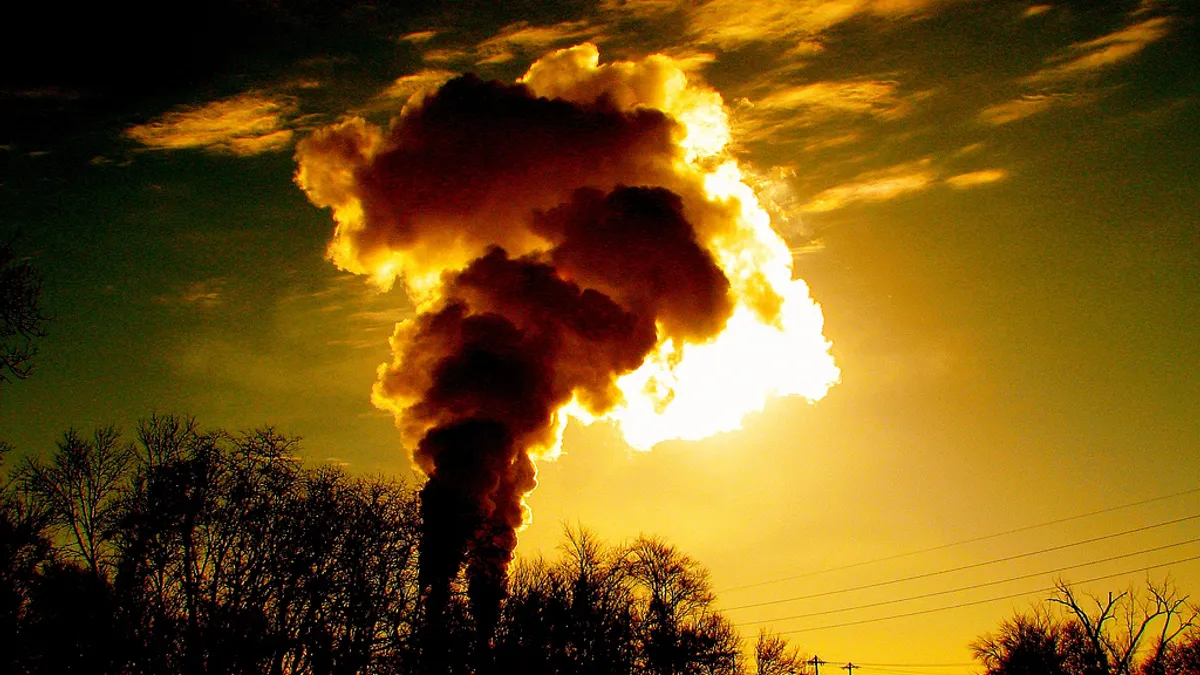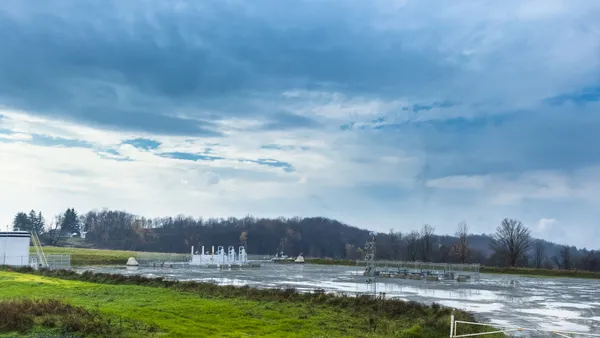Dive Brief:
- A Washington Superior Court judge last week allowed PacifiCorp to keep an analysis of its coal fleet confidential, agreeing with the utility that the information it contains would disadvantage the company in the marketplace.
- The Sierra Club had pressed for the study to be made public, arguing that PacifiCorp's own analysis of its 24 coal units concludes that 11 run at a higher cost than purchasing energy from the wholesale market. According to a separate report commissioned by the environmental group, the utility could save $680 million by replacing those 11 units instead of running them until their planned retirement in 2023.
- PacifiCorp completed the study last year for Oregon regulators. In Washington, regulators intended to release the information following a public records request from the Sierra Club, but PacifiCorp asked the court to intervene.
Dive Insight:
The details of PacifiCorp's coal study are available to regulators and parties who sign non-disclosure agreements, so the confidential information is not entirely out of play. But environmental advocates say the public has a right to know just how much these plants are costing them — particularly when there may be cheaper options available.
It is "unfortunate that the public won't get a chance to see PacifiCorp's analysis of the cost of their coal plants," Sierra Club Managing Attorney Gloria Smith said in a statement. She also stressed that state regulators overseeing the utility have taken the data into account.
Pacificorp's process to develop its Integrated Resource Plan looks at "all the real-world factors" that go into determining the least-cost resources, and must include factors like reliability, PacifiCorp spokesman Bob Gravely told Utility Dive last month.
Without data from the utility, Sierra Club says its research is the only way the public can be informed.
"There is growing evidence that PacifiCorp's aging coal plants are more expensive to run than building cheaper, cleaner options like wind and solar," Smith said, adding that it is "time for an honest discussion about the cost of coal compared to clean energy."
Gravely told the Portland Business Journal the utility will develop over the next six months "a more complete set of studies that will help inform these important resource decisions."















